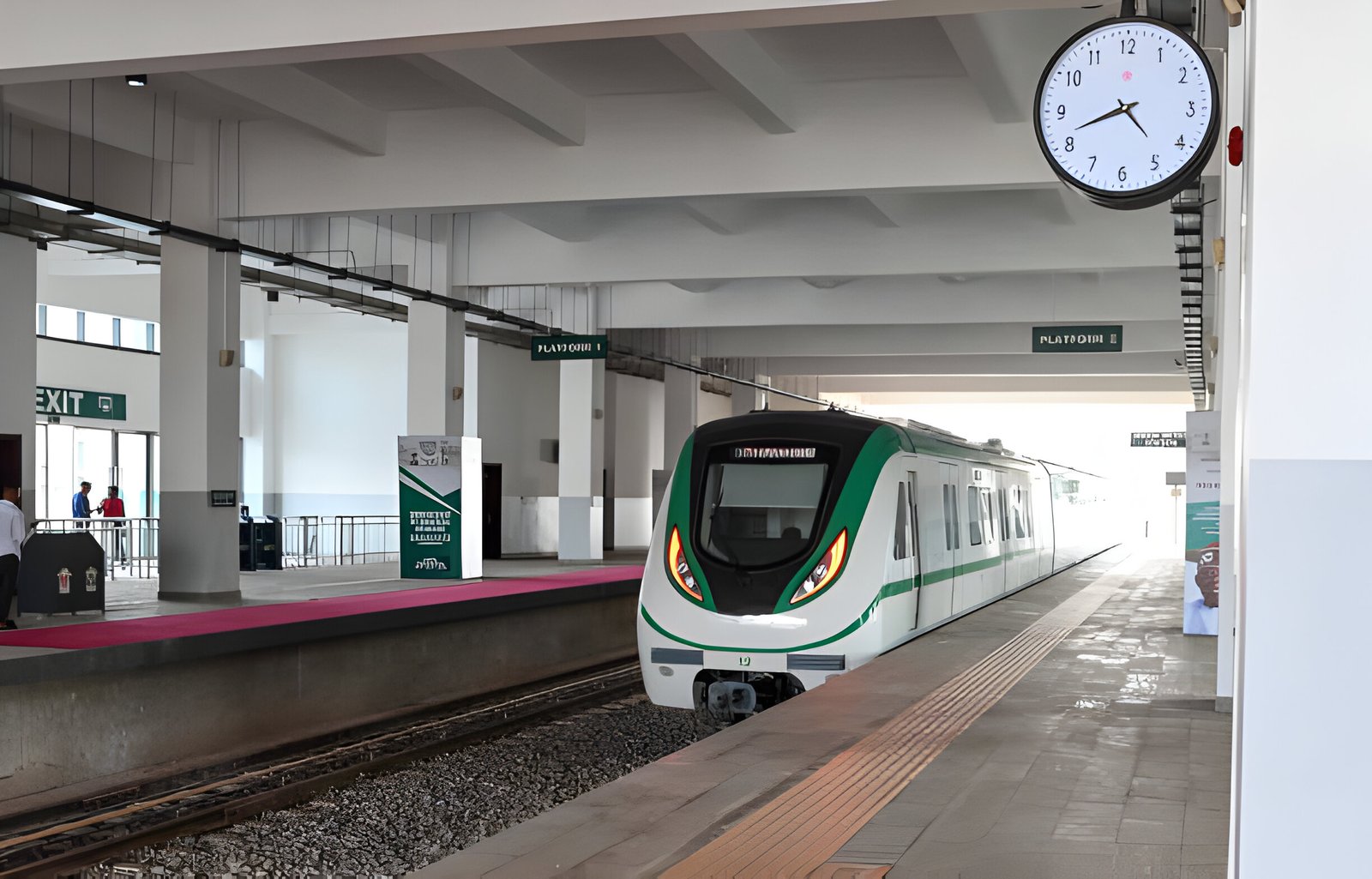
• No vehicle installed device in Adamawa, Taraba, Niger, Kebbi, Yobe
• Declares war on overloading
One month after the Federal Road Safety Corps started voluntary compliance of speed limiter policy; only five per cent success has been recorded.
About 91,479 commercial vehicles are yet to comply with the directive, which intends to reduce over speeding and check the high rate of road crashes in the country.
Indeed, no vehicle in the northern state of Adamawa, Taraba, Niger, Kebbi, Yobe installed the device, FRSC said on Tuesday.
[ad unit=2]
Nigeria is ranked worst by the World Health Organisation (WHO), for road accidents as statistics showed that speed accounts for above 50 per cent of road crashes in the country, and the FRSC said the situation is surmountable with a device that limit speed of vehicles to a preset maximum acceleration 100, 90 and 60 kilometres per hour for cars, commercial buses and lorries, particularly on the highways.
The Head, Media Relations and Strategy, FRSC, Bisi Kazeem said about 96,458 vehicles had been checked nationwide since the implementation started last month.
He said that Cross River, Akwa Ibom and Enugu states topped the compliance list of implementation of the speed limiting device after one month of the partial enforcement.
Kazeem said: “4,979 vehicles installed the device while 91,479 vehicles were yet to comply bringing the compliance level to five per cent.”
“People need to embrace this scheme on their own without being forced, because very soon, come February 2017, there will be no more subtle or advisory enforcement it would be total enforcement and strict implementation.
To him, the “commission gave a period of grace to allow commercial vehicles some time to comply with the scheme, but looking at how most Nigerians normally behave it seems they are waiting for the rush hour.”
In 2013 alone, about 6,450 Nigerians, including 4552 men, 1398 women, 299 boys and 201 girls lost their lives on roads across the country, while many others were left incapacitated. Between 2010 and 2014, lives of 1, 903 children were cut short. No fewer than 12,077 road crashes were recorded in the country in 2015, in which 5,400 people died. Between January and August this year, road crashes already left 3,048 people dead.
A speed limiter or governor is an electronic device attached to vehicle to regulate speed and do not allow the driver to accelerate beyond pre-set speed limit thereby reducing the risk of an accident.
A Special Intervention Patrol (SIP) has also been launched by the agency to tackle overloading of goods and people across the country.
FRSC said the agency was forced to adopt a decisive measure to curb the effects of the menace of overloading following recent upsurge in cases of overloading on the nation’s highways.
The patrol is expected to start from November 7, to 13.
Corps Marshal, Dr Boboye Oyeyemi, revealed on Wednesday that the SIP would be focused on Overloading, Speed Violation, and Speed Limiting Device enforcement, amongst other offences.
Governor Aminu Tambuwal of Sokoto State had charged the agency to initiate strict measures that could address the menace of overloading in the state, pledging the support of the state government in achieving the goal.
According to FRSC, selected corridors that are considered as flashpoints for overloading infractions include Kaduna-Abuja-Lokoja-Okene route; Garaku-Akwanga-NasarawaEggon-Lafia-Makurdi route; Funtua-Tsafe-Gusau-Sokoto route, Lagos-Ogere-Ogunmakin-Ibadan route, Owo-Akure-Ilesha-Ife route; Jos-Toro-Bauchi-Alkaleri-Gombe route, Enugu 9th Mile-Awka-Nteje-IgboUkwu-Onitsha route; Asaba-Isele Uku-Agbor-Abudu-Benin route; and Jebba-Olooru-Bode Saadu route.
Kazeem said the agency is optimistic that the exercise would reduce road traffic crashes caused by overloading and over-speeding.
To him, while all field command operatives are to be involved in the SIP, Commanding Officers are to ensure that special attention is given to all crash-prone areas within their jurisdictions, as well as ensure that Officers, Marshals and Special Marshals are adequately mobilised in readiness to fully participate in the exercise.






